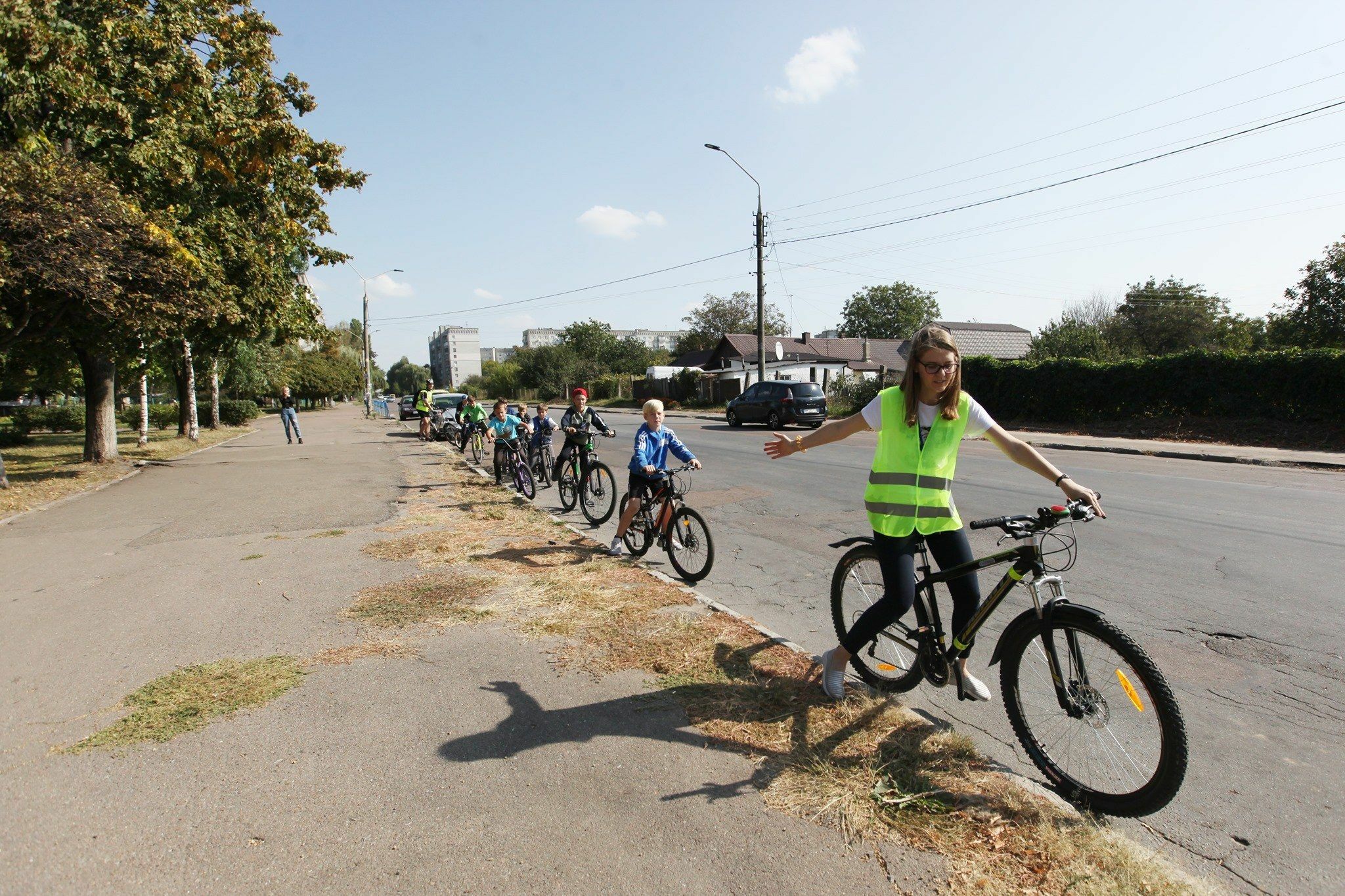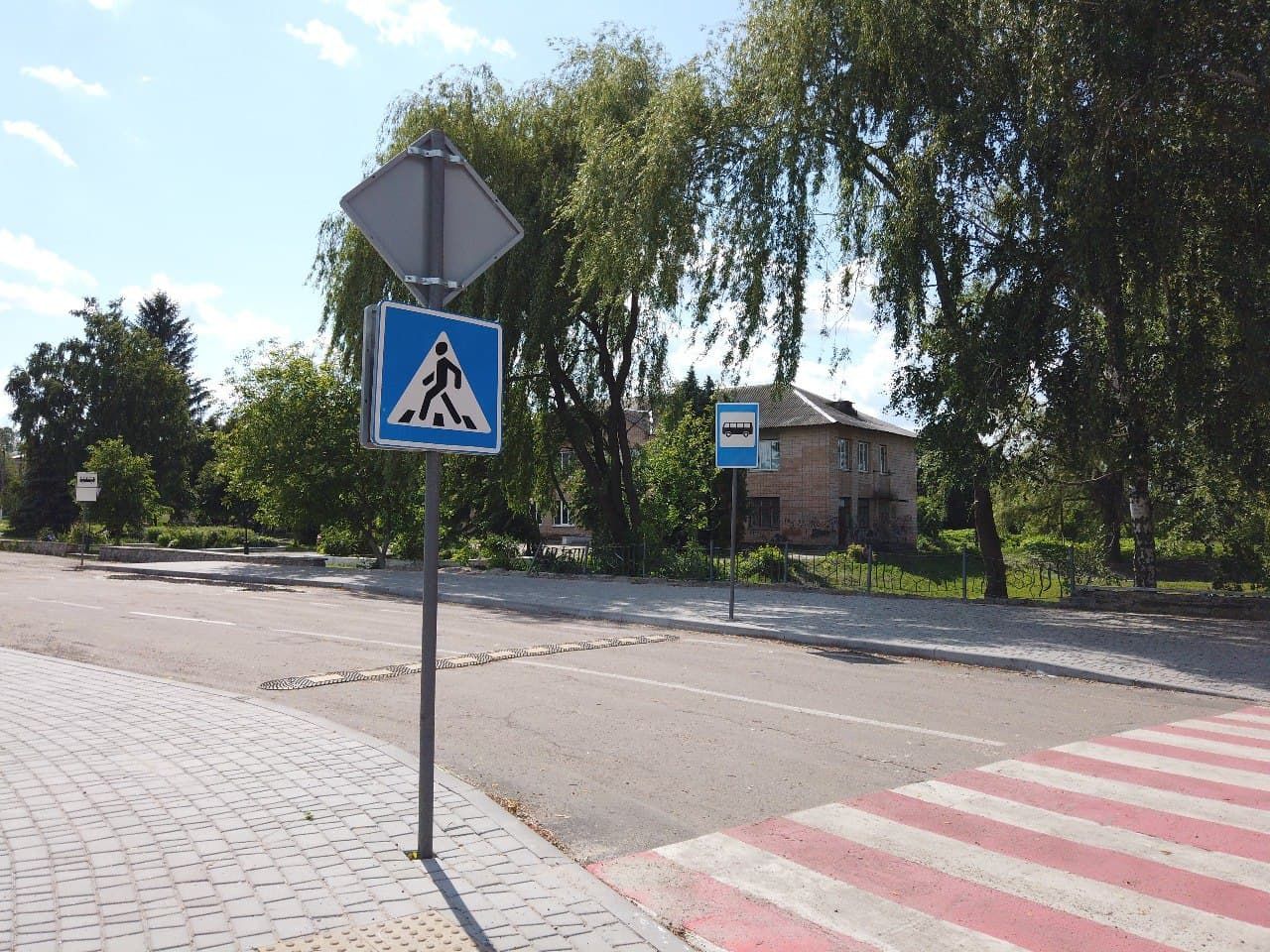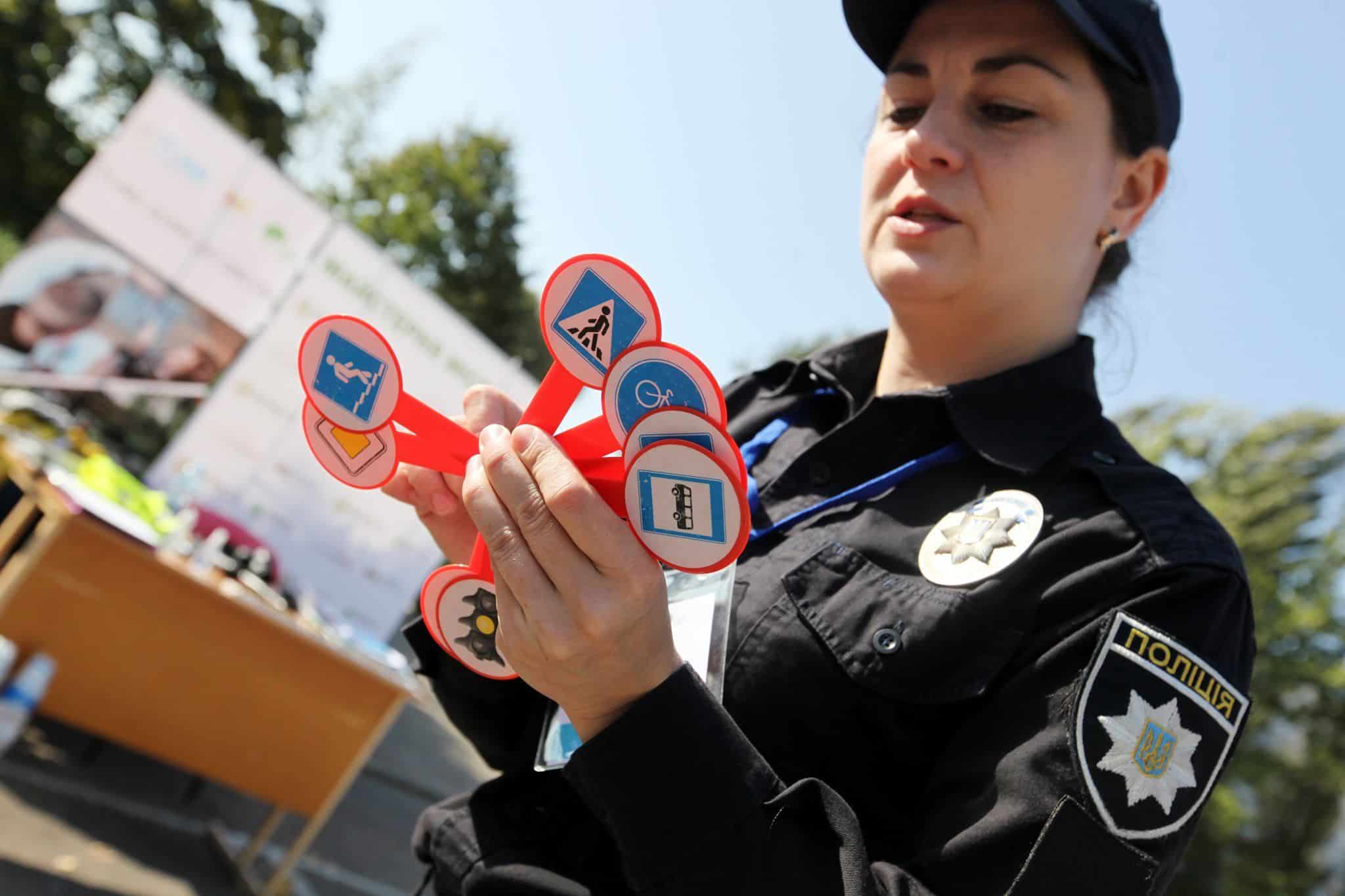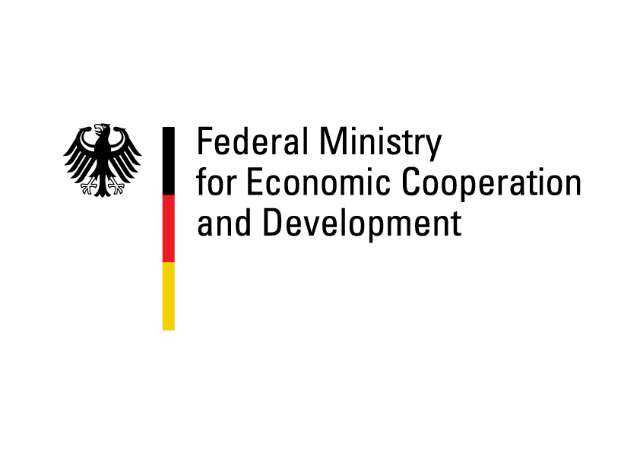Get to School Sustainably!
Lack of active mobility choices and a high rate of traffic accidents result in an unsafe urban environment for school children. Providing adequate walking and cycling infrastructure around school facilities is crucial to shift mindsets early.
Project "Get to school sustainably!" is intended to provide a comprehensive solution for school mobility in Zhytomyr, Ukraine. The pilot aims (re-)constructing the sidewalks near the school and installation of safe crosswalks. Furthermore, bike racks will be installed, and guidelines and instructions for cycling to school will be developed.






